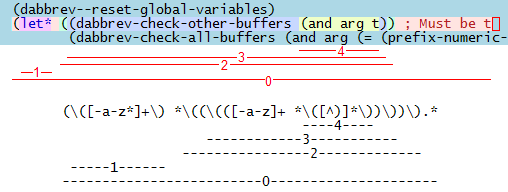Searching and replacing using regular expressions is clearly a powerful tool to the Emacs user who can routinely perform these actions. However, as an Emacs (and/or programming) beginner, regular expressions need to be learned and practiced.
Can I learn and train regular expressions interactively in Emacs, similarly to the built-in Emacs tutorial? If not, what are other suggestions to utilize Emacs to practice the use of regular expressions for searching and replacing?


